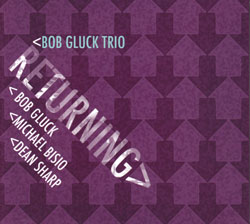
Reprising the energetic trio on his first jazz recording "Sideways", pianist/composer Bob Gluck is joined by bassist Michael Bisio and drummer/percussionist Dean Sharp for 6 original Gluck compositions.
In Stock
Quantity in Basket: None
Log In to use our Wish List
Shipping Weight: 3.00 units
EU & UK Customers:
Discogs.com can handle your VAT payments
So please order through Discogs
Sample The Album:
Bob Gluck-piano
Michael Bisio-bass
Dean Sharp-drums
Click an artist name above to see in-stock items for that artist.
UPC: 786497181025
Label: FMR
Catalog ID: FMR 292-0710
Squidco Product Code: 14404
Format: CD
Condition: New
Released: 2011
Country: Great Britain
Packaging: Digipack
Recorded by Will Schillinger at Pilot Recording Studios.
"True to its name, Returning reprises the energetic trio led by pianist/composer Bob Gluck on his first critically acclaimed jazz recording Sideways. The 2008 premiere recording, "a potent first document of this expansive trio," (Cadence) has been described as "a near classic work of art," (JazzTimes Community) "full of shattered hope, and deep longing for a better world." (Free Jazz Blogspot) Returning also complements the pianist's sonically spacious drummerless trio recording 'something Quiet", released in January 2011.
Bustling with life, Returning reunites Gluck with bassist Michael Bisio and drummer/percussionist Dean Sharp, three 'seasoned improvising musicians who have found and honed their own communication skills and brought them to a greater whole." (Chronogram) The new recording showcases Gluck's original compositions, which articulate a broad expanse of mood, pulse, and color. The music is textural, sonically lush and multilayered, highlighting Gluck's evocative, angular, yet lyrical approach to the piano. Returning is a work of joyful intensity. It reflects a maturing of the band since its initial foray. As Gluck recounts: "It was my goal to find a balance between my equal affection for straight ahead and more exploratory jazz traditions. Why choose one or the other when they can coexist quite happily?"
Gluck's life story is as interesting as his music. Raised in New York City, the political activist/Julliard trained pianist eventually developed an interest in the revolutionary acoustic jazz of Ornette Coleman and Keith Jarrett's American quartet (featuring Coleman alumni Dewey Redman and Charlie Haden, as well as innovative drummer Paul Motian) that was much affected by the altoist's groundbreaking improvising conceptions. The influence of Jimi Hendrix, seventies era electric Miles Davis groups, Herbie Hancock's Mwandishi band and Weather Report had already spawned an enduring interest in electronic music that has persisted to this day.
Following a long absence from the music scene, during which time Gluck was engaged in a religious life as a rabbi, Gluck began uniting his philosophical, spiritual and aesthetic pursuits in the world of academia and electronic music. Then in 2005 he returned to the piano as his primary means of musical expression, employing electronics in conjunction with the acoustic instrument. While some may place Gluck within the context of the avant garde, following in the tradition of Cecil Taylor, Sun Ra, Andrew Hill, Paul Bley and Don Pullen, his music reveals an abiding affection towards the more pastoral and pensive aspects of impressionism and late romanticism. His approach as a pianist, composer and improviser is one that intuitively merges intuition with a broad sonic palate where lyricism and abstraction find a shared home.
Returning opens with Gluck's lilting composition "Lifeline." Here, the tune receives a very different treatment from its previous appearance on Something Quiet. Gluck's pensive piano solo expands into a tumultuous display of virtuosity, answered by Bisio's meditative bass explorations, which call forth a sparkling array of colors from the entire ensemble. The title track Returning bounces with delight and rhythmic fervor spiced by drummer Dean Sharp's panoply of sizzling percussive timbres. Michael Bisio's imaginative exploration of the opening motif leads to a surprising elegiac meditation on bowed bass. The mood again shifts as Gluck shows how angular playing can swing. A quiet, reflective bass and piano coda closes the performance.
"Time" provides a brief, wild and explosive interlude before the deceptively simple "That's All You Got." After the statement of the melody to "That's All's", a rhythmic bridge leads into a series of solos flying high above a rising bass motif that calls to mind Joe Zawinul's "Birdland." After teasing the listener with blues inflection, Gluck's solo builds an increasingly abstract intensity. Bisio's inventive discourse upon the motif leads then segues to an example of the band's signature interplay, capped by an expansive drum solo.
The opening plaintive melody of "By a Field" leads to a declamatory musical figure. Gluck follows with dramatic open fifths upon which he crafts a fiery, extended solo. "There's No There There" provides some musical levity, befitting the song's title. All three solos locate the middle path sought by Gluck to connect a multiplicity of sensibilities into a single, unified conception. "Vertigal" is a sectional work. Like "October Song" on Gluck's Something Quiet, this composition invokes the formal structures of Herbie Hancock's 'sleeping Giant" suite from the Mwandishi album Crossings. Hancock's band is the subject of Gluck's forthcoming book "You"ll Know When You Get There: Herbie Hancock and the Mwandishi Band" (University of Chicago Press). The trio crafts an intricately interwoven fabric of musical collaboration, tracing "Vertigal"'s many moods and levels of intensity. Why does the spontaneous improvisation 'something Quiet" close this recording rather than Gluck's previous recording by the same name? Gluck explains that the choice was quite serendipitous. "After we finished recording the planned tunes, studio engineer Will Schillinger asked whether I had what I wanted. After returning from a brief walk in the woods surrounding the studio, I suggested that we improvise something "quiet." The fragile improvisation that resulted represents my mood on that particular day, as well as the broad expressive range of this unusual trio. The overall tenor of the previous recording, however, struck me as indeed 'something quiet."-FMR
Artist Biographies
• Show Bio for Bob Gluck "Robert Gluck (born 1955) is a pianist and composer whose repertoire spans jazz, live electronic music, and avant-garde music. Karl Ackermann (All About Jazz), wrote of the latest of Gluck’s five recordings: “As a composer and player, Gluck ranks with the likes of Andrew Hill and Cecil Taylor… Something Quiet is completely original, artistically spontaneous, and intellectually challenging.” Allan Kozinn (New York Times) wrote that Gluck is “an accomplished jazz pianist” who played with “virtuosic fluidity.” Keyboard magazine named him June 2009 “Unsigned Artist of the Month.” Gluck’s current musical collaborators include saxophonists Joe Giardullo and Ras Moshe, bassists Christopher Dean Sullivan and Michael Bisio, drummer Dean Sharp, and computer musician/composer Neil Rolnick. Raised in New York as a conservatory student and political activist, Gluck spent many years away from music, leading a life as a rabbi. Bob Gluck’s return to composing electronic music in 1995 and to the piano in 2005 marked a new beginning in his unusual career as a musician, educator, and writer. With influences as diverse as Herbie Hancock, Jimi Hendrix, Johann Sebastian Bach, Ornette Coleman, John Coltrane, and Karlheinz Stockhausen, Gluck has discovered a way to marry interests in electronic music with his love of jazz. Gluck designs his own software interfaces for interactive musical performance and multimedia installation, including the sound installations 'Layered Histories' (2004), an immersive sound and video environment with Cynthia Rubin and 'Sounds of a Community' (2002), in which visitors trigger and shape recorded sounds by interacting with electronic musical sculptures. Gluck's musical training is from the Juilliard, Manhattan and Crane schools of music and he holds degrees from the University at Albany, Yeshiva University's Wurzweiler School of Social Work, Reconstructionist Rabbinical College (MHL, title of Rabbi) and Rensselaer Polytechnic Institute (MFA). His music has been performed internationally. His writings have appeared in Computer Music Journal, Leonardo Music Journal, Leonardo, Organized Sound, Tav +, Journal SEAMUS, Review Zaman (France), Magham (Iran), Ideas Sonicas (Mexico), and elsewhere. He is author of “You’ll Know When You Get There: Herbie Hancock and the Mwandishi Band” (forthcoming, University of Chicago Press). Bob Gluck is Associate Professor of Music and Director of the Electronic Music Studio at The University at Albany." ^ Hide Bio for Bob Gluck • Show Bio for Michael Bisio "Michael Bisio, bassist/composer, has eighty five recordings in his discography, twenty four of these are split evenly between leader/co-leader, ten of them document his extraordinary association with modern piano icon Matthew Shipp. Michael has been called a poet, a wonder and one of the most virtuosic and imaginative performers on the double bass. Nate Chinen in the New York Times writes : "The physicality of Mr. Bisio's bass playing puts him in touch with numerous predecessors in the avant-garde, but his expressive touch is distinctive;..." As a composer Michael has been awarded nine grants and an Artist Trust Fellowship Collaborators include Matthew Shipp, Joe McPhee, Charles Gayle, Connie Crothers, Whit Dickey, Ivo Perelman, Barbara Donald, Newman Taylor Baker, Rob Brown, Sonny Simmons and Sabir Mateen." ^ Hide Bio for Michael Bisio
10/29/2025
Have a better biography or biography source? Please Contact Us so that we can update this biography.
10/29/2025
Have a better biography or biography source? Please Contact Us so that we can update this biography.
Track Listing:
1. Lifeline 5:02
2. Returning 11:30
3. Time 2:26
4. That's all you got? 7:24
5. A field 5:56
6. There's no there there 6:33
7. Vertigal 7:32
8. Something Quiet 8:31
Improvised Music
Jazz
London & UK Improv & Related Scenes
Piano & Keyboards
Staff Picks & Recommended Items
Trio Recordings
FMR Records
Trio Recordings
Piano Trio (Piano Bass Drums)
Jazz & Improvisation Based on Compositions
Search for other titles on the label:
FMR.


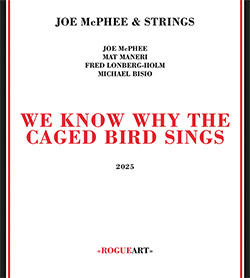

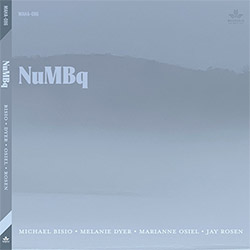

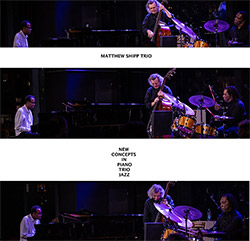
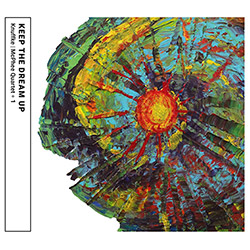
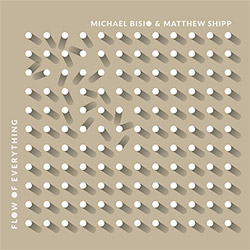
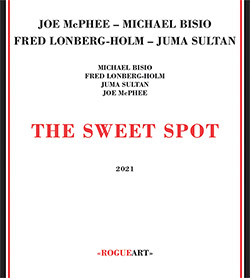
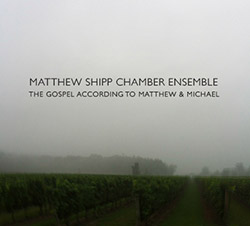


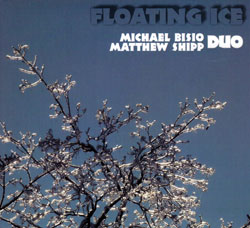
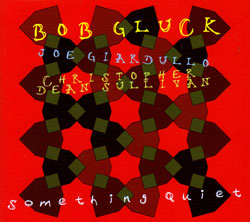

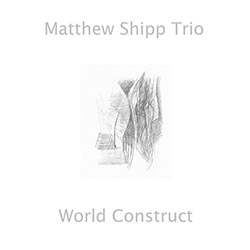

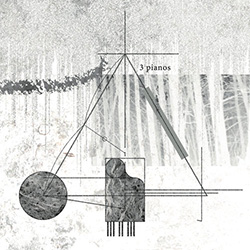
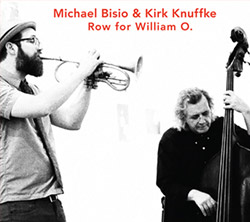
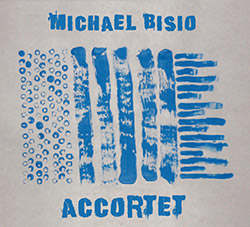



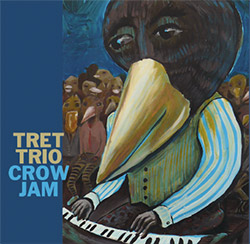
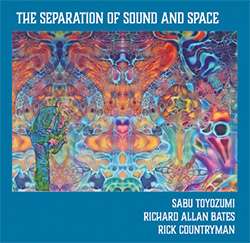
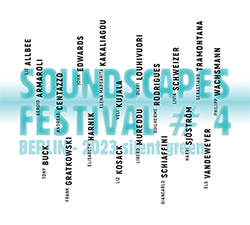


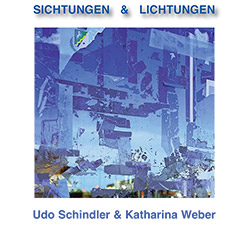



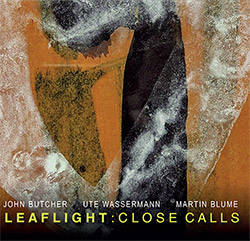
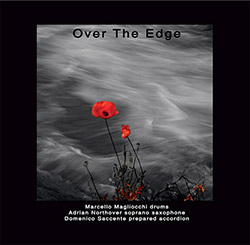
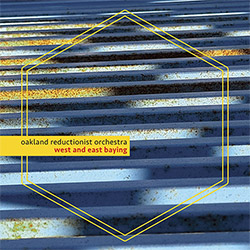

![Eubanks, Bryan: Songbook [VINYL w/ DOWNLOAD]](https://www.teuthida.com/productImages/misc4/36865.jpg)
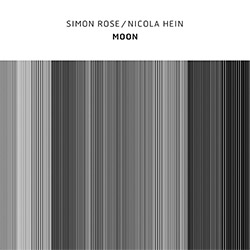

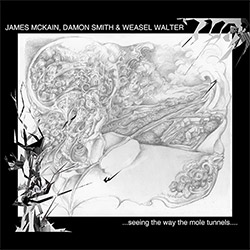
![Toeplitz, Kasper T.: Erosions Programmees [CD + BOOKLET]](https://www.teuthida.com/productImages/misc4/36639.jpg)

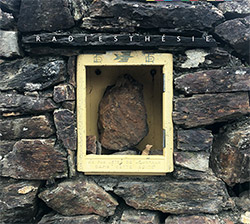
![Genthon, Anouck / Lionel Marchetti: Suite Blanche [2 CDs]](https://www.teuthida.com/productImages/misc4/36642.jpg)
![Le UN (Agnel / Battus / Chiesa / Doneda / Gauget / Marchetti / Petit): Le Havre [VINYL + CD]](https://www.teuthida.com/productImages/misc4/36643.jpg)
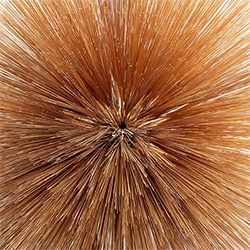


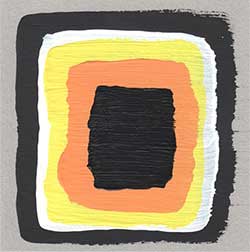
![Pisaro-Liu, Michael: Within (2) / Appearance (2) [2 CDs]](https://www.teuthida.com/productImages/misc4/36831.jpg)
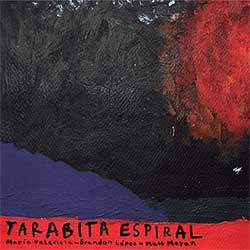
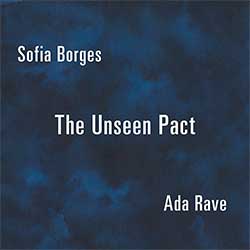
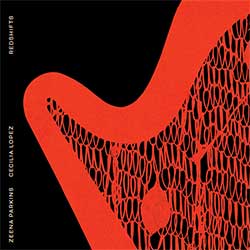
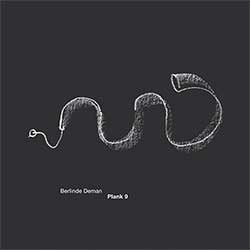
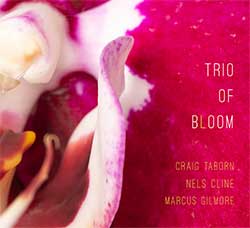

![Halls Of the Machine: All Tribal Dignitaries [CASSETTE w/ DOWNLOAD]](https://www.teuthida.com/productImages/misc4/36134.jpg)
![Singh, Laura Ann Quintet (w / Clark / Hopkins / Lilley / Miller): Mean Reds [VINYL]](https://www.teuthida.com/productImages/misc4/36761.jpg)
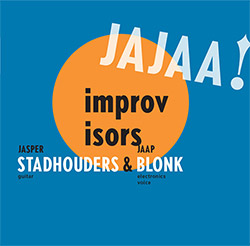


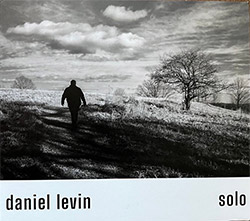

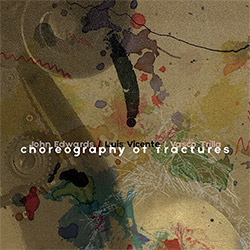
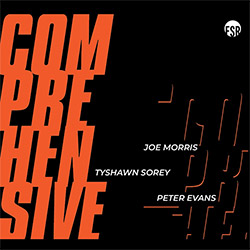
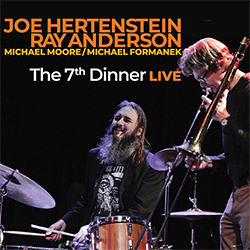
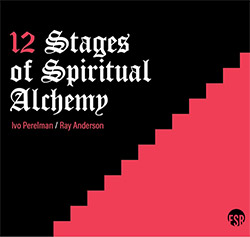
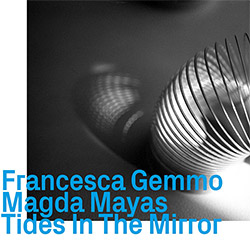

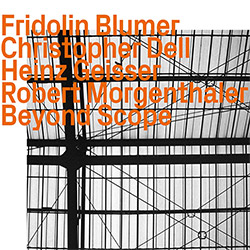
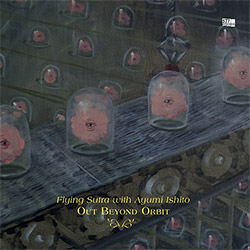
![Gate, The : Amost Live [CASSETTE + MAGAZINE]](https://www.teuthida.com/productImages/misc4/36836.jpg)






![A Magic Whistle: The Solar Cell [VINYL]](https://www.teuthida.com/productImages/misc4/36658.jpg)

![McGee, Hal: Columbus Expedition [Cassette w/ Download]](https://www.teuthida.com/productImages/misc4/36650.jpg)


![Jaeger, Kassel: Fernweh [VINYL 2 LPs]](https://www.teuthida.com/productImages/misc4/36541.jpg)





![+DOG+: The Light Of Our Lives [2 CDs]](https://www.teuthida.com/productImages/misc4/36009.jpg)


![Eternities: Rides Again [CASSETTE]](https://www.teuthida.com/productImages/misc4/36247.jpg)

![Lopez, Francisco: Untitled (2021-2022) [2 CDs]](https://www.teuthida.com/productImages/misc4/36438.jpg)














![Musicworks Magazine: #151 Summer 25 [MAGAZINE + CD]](https://www.teuthida.com/productImages/misc4/36559.jpg)

![Brown, Dan / Dan Reynolds: Live At The Grange Hall [unauthorized][CASSETTE]](https://www.teuthida.com/productImages/misc4/36245.jpg)








![Palestine, Charlemagne / Seppe Gebruers: Beyondddddd The Notessssss [VINYL]](https://www.teuthida.com/productImages/misc4/36206.jpg)
![Palestine, Charlemagne / Seppe Gebruers: Beyondddddd The Notessssss [NEON GREEN VINYL]](https://www.teuthida.com/productImages/misc4/36207.jpg)

![Laubrock, Ingrid: Purposing The Air [2 CDs]](https://www.teuthida.com/productImages/misc4/35639.jpg)

![Yoko, Ono / The Great Learning Orchestra: Selected Recordings From Grapefruit [2 CDs]](https://www.teuthida.com/productImages/misc4/35841.jpg)





![Koenjihyakkei: Live at Club Goodman [2 CDs]](https://www.teuthida.com/productImages/misc4/36111.jpg)

![Sorry For Laughing (G. Whitlow / M. Bates / Dave-Id / E. Ka-Spel): Rain Flowers [2 CDS]](https://www.teuthida.com/productImages/misc4/35985.jpg)

![Rolando, Tommaso / Andy Moor : Biscotti [CASSETTE w/ DOWNLOADS]](https://www.teuthida.com/productImages/misc4/36106.jpg)


![Electric Bird Noise / Derek Roddy: 8-10-22 [CD EP]](https://www.teuthida.com/productImages/misc4/35970.jpg)








![Elephant9 : Mythical River [VINYL]](https://www.teuthida.com/productImages/misc4/34624.jpg)



![Elephant9 with Terje Rypdal: Catching Fire [VINYL 2 LPs]](https://www.teuthida.com/productImages/misc4/35355.jpg)
![Deerlady (Obomsawin, Mali / Magdalena Abrego): Greatest Hits [VINYL]](https://www.teuthida.com/productImages/misc4/34876.jpg)




![Coley, Byron: Dating Tips for Touring Bands [VINYL]](https://www.teuthida.com/productImages/misc4/17906.jpg)

![Lost Kisses: My Life is Sad & Funny [DVD]](https://www.teuthida.com/productImages/misc4/lostKissesDVD.jpg)